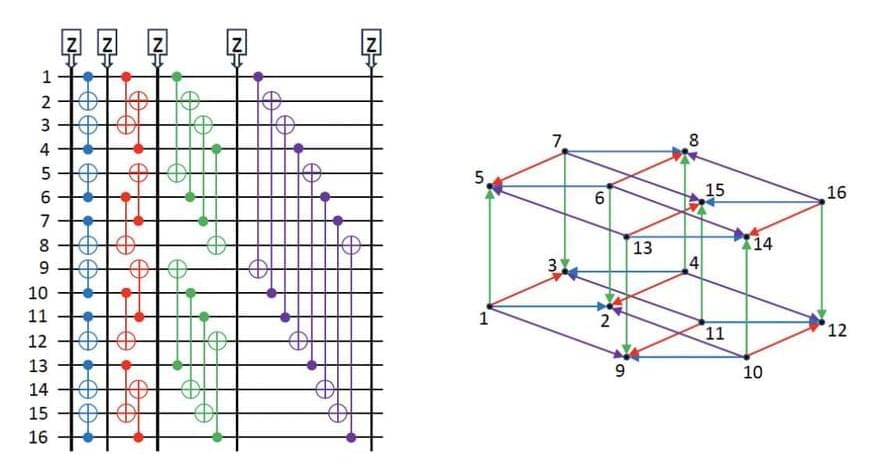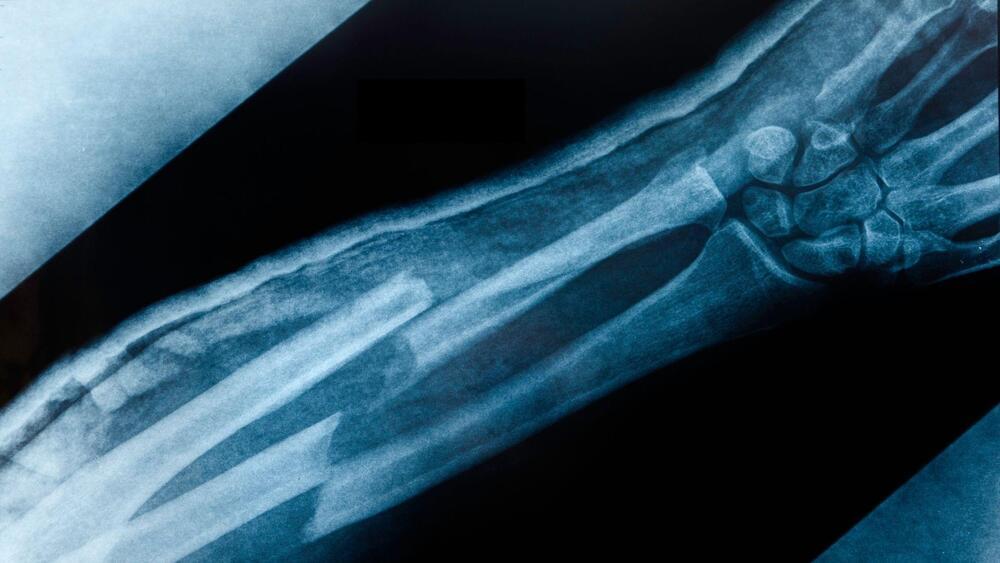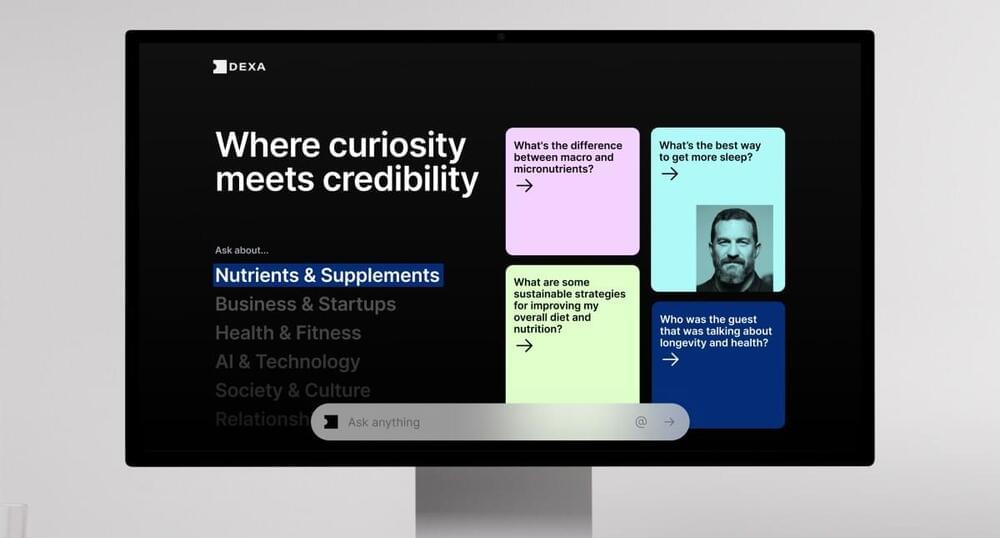Even with dialysis, life expectancy is significantly shortened. With a kidney transplant, patients can expect to live 10 to 15 years longer.
The problem is that there aren’t enough donor kidneys to meet demand. If a person is lucky enough to find a matching donor, they still have to take immunosuppressants for the rest of their lives. While the drugs ensure their body won’t reject the organ, they also increase the risk of serious infections.
An artificial kidney: Researchers at the Kidney Project are on a quest to create a device that could be permanently implanted to do the job of a healthy kidney constantly and automatically.








